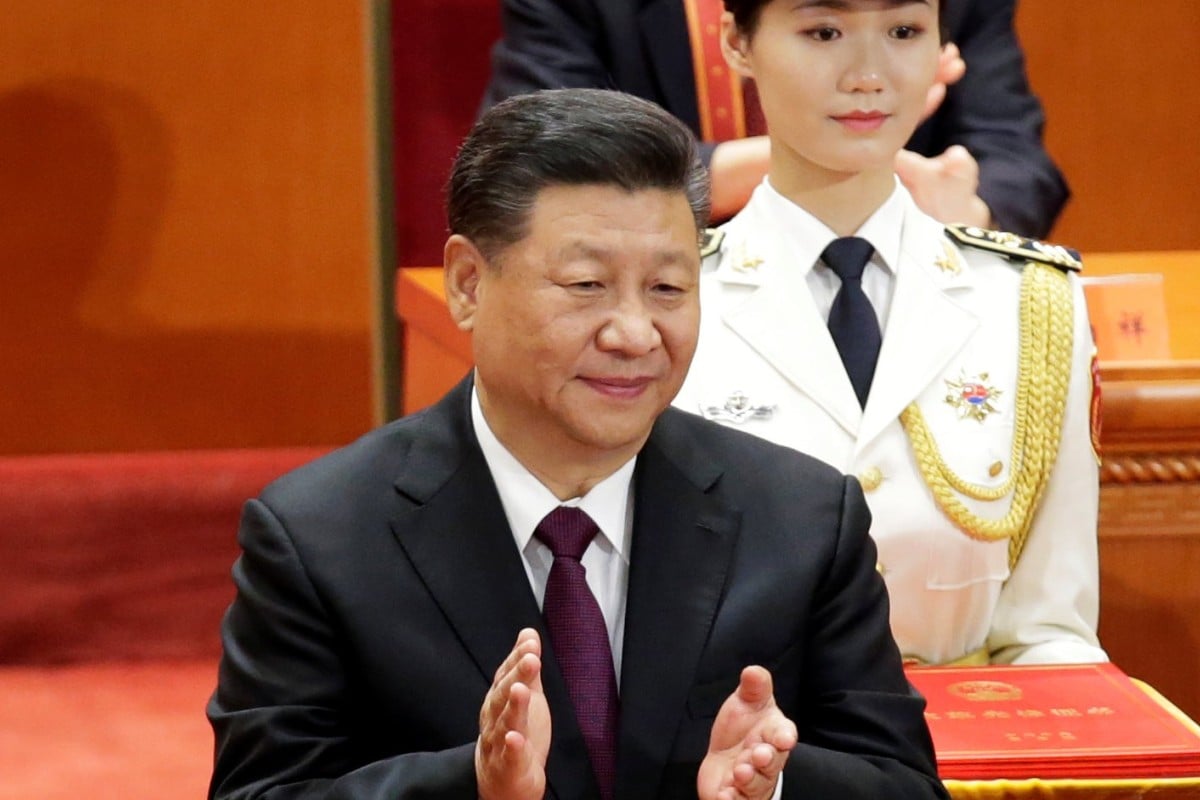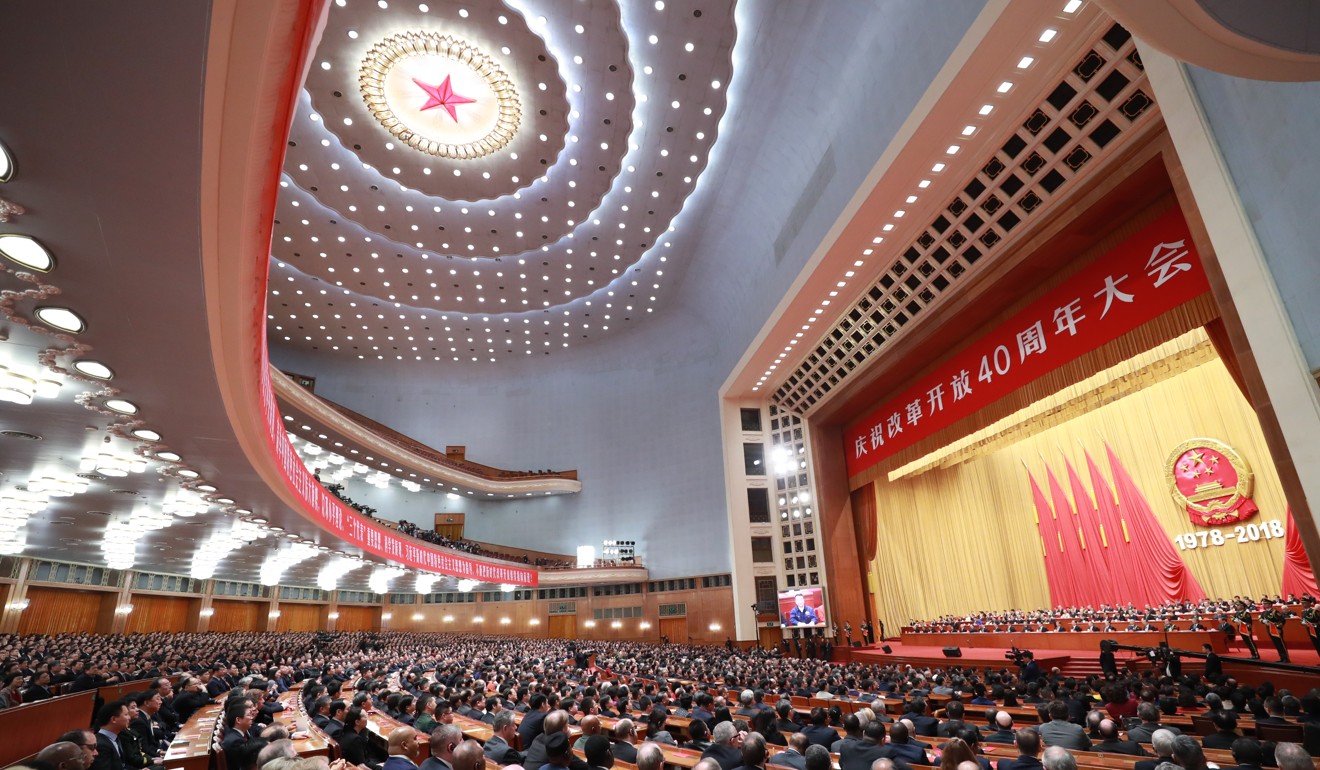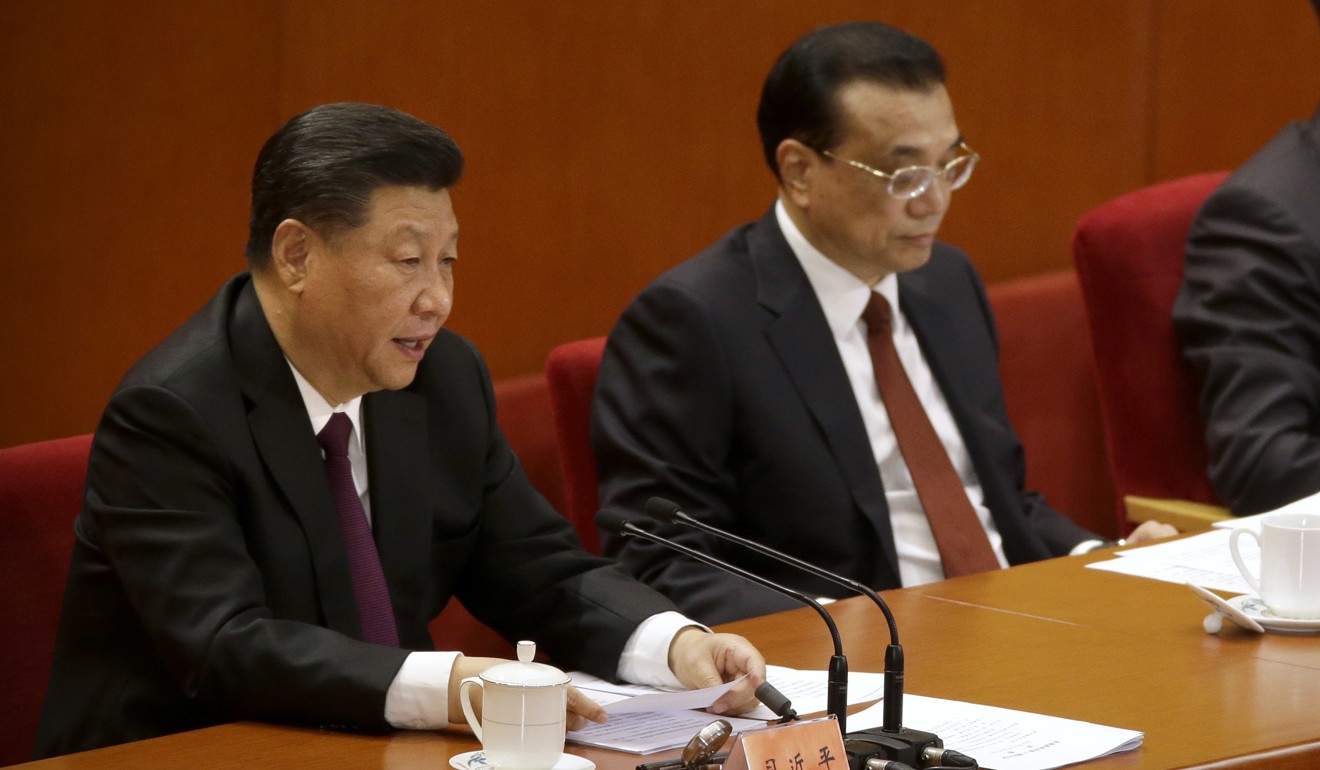 |
| China Launches Satellite for Space-based Internet Broadband and wifi worldwide China launches first low-Earth-orbit satellite China launched its first low-Earth-orbit satellite at 7:51 am on Saturday at the Jiuquan Satellite Launch Center in Northwest China's Gansu Province, making substantial progress in the country's construction of a satellite communications system. |
https://youtu.be/jgsVgJ83LLk
China has launched a communications satellite, marking the first step in building a vast network in space, capable of covering the entire world with broadband Internet service.
A Long March-11 rocket carrying the experimental satellite blasted off from the Jiuquan Satellite Launch Center in northwestern China this morning. It then entered its preset orbit. The launch is part of the Hongyun Project, backed by the China Aerospace Science and Industry Corporation. The firm plans to launch four more satellites before the end of 2020 to form a small network for Hongyun's trial run to provide global Internet service.
The satellite was launched from a Long March 11 carrier rocket from the Jiuquan Satellite Launch Centre in north-western China and is the first in the Hongyun project planned by China Aerospace Science and Industry Corp (CASIC).
Beijing: China on Saturday launched its first communication satellite to provide broadband internet services worldwide in an apparent bid to rival Google and other international firms.
The satellite was launched from a Long March 11 carrier rocket from the Jiuquan Satellite Launch Centre in north-western China and is the first in the Hongyun project planned by China Aerospace Science and Industry Corp (CASIC).
The Hongyun project, started in September 2016, aims to build a space-based communications network to provide broadband internet connectivity to users around the world, especially those in the underserved regions.
The spacecraft is tasked with verifying basic designs of Hongyun satellite and demonstrating low-orbit broadband communications technologies, China Daily reported.
The satellite is expected to work beyond its design life of one year.
"Weighing 247 kilograms, the satellite works in a sun-synchronous orbit about 1,100 kilometers above earth. It is powered by solar arrays and has a design life of one year, but is expected to operate longer, Xiang Kaiheng, Hongyun's chief designer at CASIC Space Engineering Development Co Ltd here said.
CASIC plans to launch four mass-production Hongyun satellites in future.
"After a yearlong in-orbit technological demonstration by the satellite, CASIC plans to launch four mass-production Hongyun satellites before the end of 2020 to form a small network for Hongyun's trial run, the Daily quoted Xiang as saying.
Stating that CASIC currently intends to place more than 150 Hongyun satellites on orbits about 1,000 kms above the ground around 2023, he said that the constellation is likely to be further expanded in response to market demands.
The concept of running a low-cost, high-performance satellite network to provide space-based communications and internet services has become popular globally among industry players.
Currently, many foreign tech companies, including Google, SpaceX, OneWeb and Telesat, have already launched plans to use satellites to provide free internet access.
The US' SpaceX launched two experimental satellites last month to test technologies for its Starlink project, in which tech tycoon Elon Musk proposes to put a total of nearly 12,000 satellites into orbit by the mid-2020s.
Similarly, US firm, OneWeb, plans to launch a satellite constellation of 648 low-Earth orbit microsatellites by the end of 2019, though few developments have been reported.
Last month, a Chinese internet technology firm unveiled the first satellite in a constellation plan comprising of 272 satellites to provide free WiFi service worldwide.- News18
https://youtu.be/k50uXMToQr0
https://youtu.be/PoRQOWlsNLI
Related:
Low-earth orbit satellite project launched in Chongqing - China Daily
中國在全球完成根服務器部署,美國想阻止,晚了 網絡,是現在社會必備的東西,沒有網絡,多數人都會坐臥不安,因爲刷朋友圈要網絡,購物要網絡,甚至吃飯都需要網絡點餐。這樣發達的網絡,自然讓我國躍居世界上互聯網用戶和訪問量最大的國家。但很多同學可能不知道,因爲我國互聯網起步較晚,所以全球的13台IPv4根服務器服務器,中國一個也沒有。
https://youtu.be/Z18D8rGhhH0 https://youtu.be/2ETp71fd67U
US intensifying intervention in China through legislation means
Related post:










